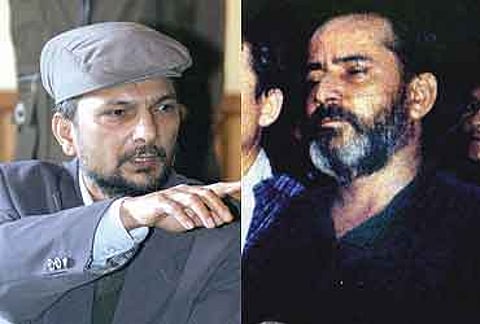So far, the Indian policy has been based on the premise that constitutional monarchy and multi-party democracy are the twin pillars of Nepal's stability; that the Maoists are part of Nepal's problems; that they have linkages with ultra Left groups in India and therefore pose a substantial security threat to it as well.
But this perspective may have to be revised. Says S.D. Muni, a professor in Jawaharlal Nehru University, "I think we are demonising the Maoists. They had pleaded with India in 2001 to be recognised as genuine protesters. It's time to engage the Maoists openly and positively." Adds Arvind Deo, India's envoy to Kathmandu between 1986 and 1989, "The RNA cannot beat the hell out of the Maoists without risking a civil war. Political problems must necessarily have political solutions.Political solutions must have credible economic underpinnings. The Indian government may have to look for an alternative dispensation in Kathmandu. " Also, as Nepal grapples with the latest developments, India, according to Muni, faces another challenge: "How to keep the international community behind India? Americans will find it hard to abandon Nepal to India's pleasure."
Perhaps New Delhi must think of a new paradigm for Indo-Nepal relations. Says A.N. Ram, who as joint secretary handled Nepal in the early eighties, "You have to formalise the border. You have to treat Nepal as you would any other country. Not on sentiments alone. Let Nepal not have it both ways. Let them pay commercial prices for products from India. The privileges they are getting from this special relationship cannot be one-sided."
It's obvious India has a range of levers in Nepal to effect course correction. Less clear are the instruments available to New Delhi to bring Dhaka into compliance.
Kingdom's Comeback
India sends strong signals against the royal coup in Nepal and rising fanaticism in Bangladesh<a > Updates</a>

Published At:
Tags